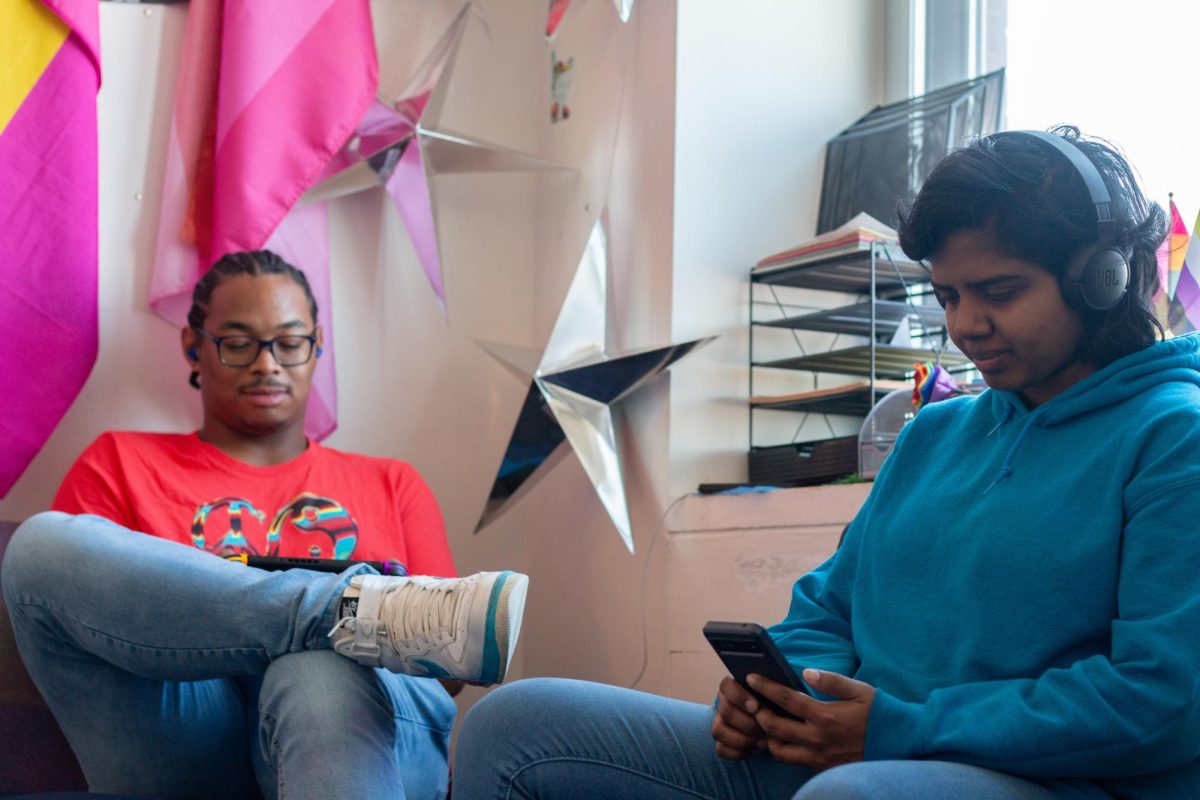In the past few years alone, the discussion around LGBTQ+ rights has shifted drastically. New anti-trans legislation is being passed in dozens of states across the country—in Florida, it is currently illegal to use a public bathroom that does not match your assigned sex at birth, according to the Florida State Senate website [1]. On the flip side, other states are passing transgender “safe haven” laws, protecting transgender people who are fleeing anti-trans legislation. For example, according to MPR, Minnesota passed a bill that makes it illegal for state officials to comply with extradition requests from other transphobic states [2].
Social change is irrevocably intertwined with economic change. Protests and boycotts have always gone hand in hand with other forms of action, and money is often the core issue behind a cause. Queer people have historically been denied marriage benefits, housing and jobs due to their gender and sexuality; of course, this has material consequences on their lives.
Currently in America, it is profitable to support LGBTQ+ people. Every June, dozens of companies change their Twitter profile pictures to rainbows and post kitschy messages in support of their valued queer customers. Target sells rainbow shirts and overalls, Bud Lite partnered with a transgender woman—much to the dismay of many disgruntled conservatives—and Disney is embroiled in a battle with Florida governor Ron DeSantis over his infamous “Don’t Say Gay” bill.
With how popular allyship—or at least, the veneer of allyship—is in mainstream media, it can be jarring to think that gay marriage was only legalized completely in 2015. It demonstrates the wider social movement for LGBTQ+ rights, even if it doesn’t necessarily encourage more people to agree with those views, as evidenced by the right-wing backlash to many of these companies’ decisions. It’s comforting to know that, at the very least, corporations believe that liberalism is profitable.
Of course, this support is a façade. Regardless of if the people running these PR campaigns genuinely like gay and trans people, their charity often starts and ends there. These companies lobby only for their own self-interest, as all corporations do, and that can include campaign donations to whoever they think will cut them the biggest tax breaks—usually the very same Republicans pushing homophobic legislation in the first place.
Queer Student Center Coordinator Vansh Khokhani absolutely despises this trend. “For me, it’s like Halloween, when these corporate firms dress up and then pack it up and keep it in the attic when it’s over,” he said. For these companies, queer people exist only for profit, and only for June. After that, there are more profitable causes to co-opt.
However, Khokhani also believes that access to pride merchandise could offer comfort to queer students. “It’s harmful, as people would buy these products to promote allyship, but I wonder if wearing rainbow will make them understand our daily struggles,” he said. “UMass Boston is still evolving; I haven’t seen much display of pride on campus other than two flags inside Campus Center.” Khokhani added that he would love to see more representation across campus.
For queer people, this is a complicated issue. On the one hand, it’s off-putting to see your identity used as a prop for some billion-dollar corporation to use and discard—the same exact identity that is the target of national vitriol. Overall, though, it’s a sign that times are changing for the better.
SOURCES:
[1] https://www.flsenate.gov/Session/Bill/2023/1521/?Tab=BillHistory


